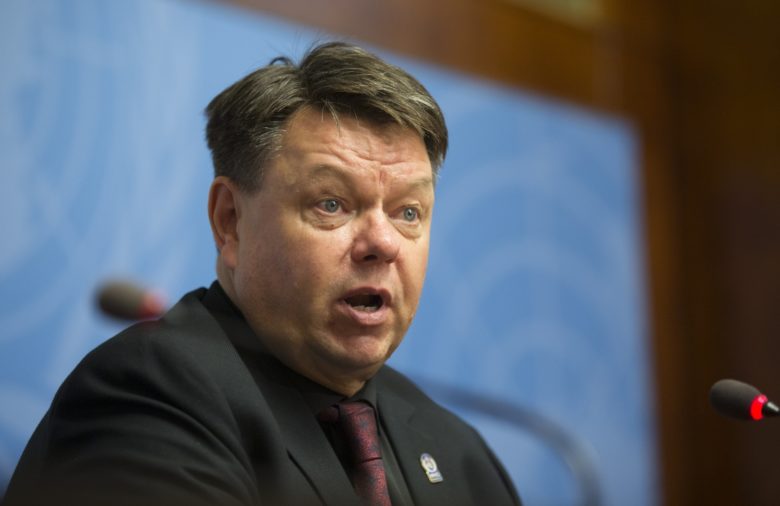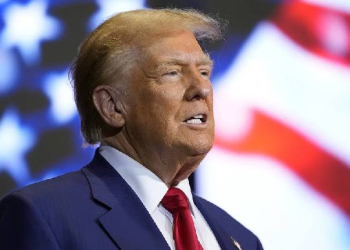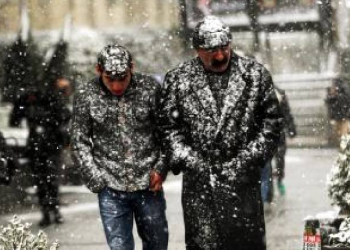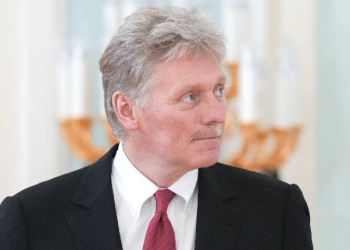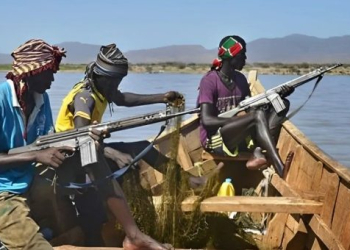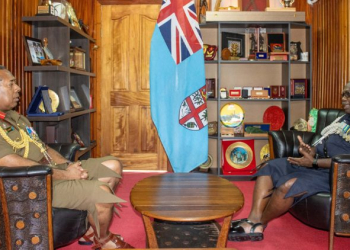Helsinki: A new finance mechanism to strengthen weather and climate observations, to improve early warnings to save lives, protect livelihoods and underpin climate adaptation for long-term resilience has opened its doors for business, World Meteorological Organization (WMO) said on Thursday.
The Systematic Observations Financing Facility (SOFF) is a key building block for a new initiative spearheaded by United Nations Secretary General General Antonio Guterres to ensure that early warning services reach everyone in the next five years that the WMO has announced recently.
The absence of data limits the understanding of the climate and these gaps affect the capacity of the weather forecasters and disaster management personnel to predict and adapt to extreme weather events such as floods, droughts and heat waves.
“Today, less than 10 per cent of the required basic weather and climate observations are available from Small Island Developing States (SIDS) and Least Developed Countries (LDCs). The world urgently needs this data and this is why SOFF will be a partnership of equals where everyone has a role and responsibilities,” said Petteri Taalas, WMO secretary-general.
SOFF seeks to address the long-standing problem of missing weather and climate observations from Least Developed Countries (LDCs) and Small Island Developing States (SIDSs). In support of the Paris Agreement, it will strengthen the international response to climate change by filling the data gaps, said a statement from the WMO.
“As the climate crisis worsens, it is crucial that we boost the power of prediction for everyone, so countries can reduce disaster risk. That is why we have launched an initiative to ensure that every person on Earth is protected by early warning systems within the next five years. SOFF is an essential tool to achieve this. I thank all the countries that are providing initial funding to the SOFF UN Multi-Partner Trust Fund and urge others to do the same,” said Guterres.
“Early warning systems are built on the foundation of weather observation data, but this foundation is patchy to non-existent in many LDCs and African countries,” said Selwin Hart, special adviser to the Secretary-General on Climate Action and Just Transition.
SOFF provides benefits not only to the most vulnerable countries, but to all countries across the globe. The improved availability of weather and climate observations enabled by the SOFF are essential if the world community is to realize the $162 billion annually in socio-economic benefits of weather and climate prediction.
(IANS)



